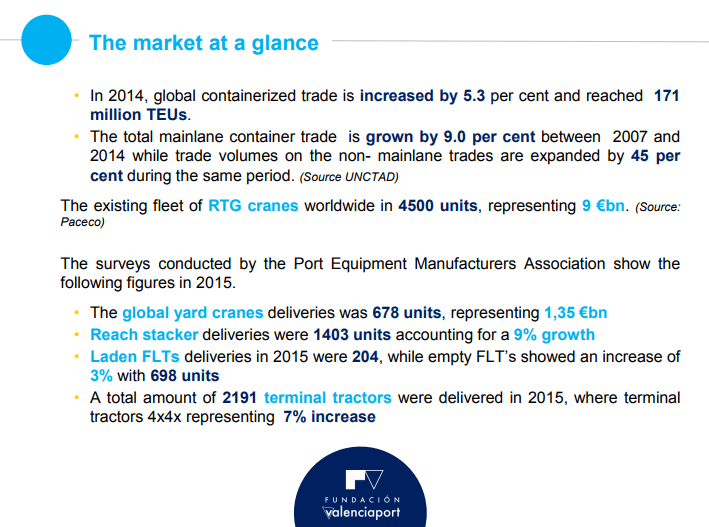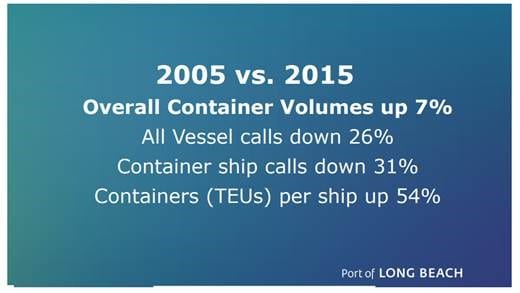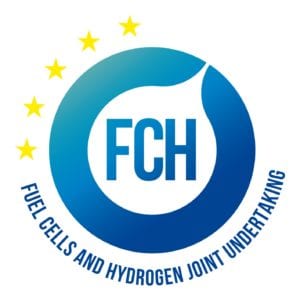The Wide Span of Electrification at Ports
It is without a doubt: hydrogen fuel cell systems have proven their place in applications where productivity, uptime, predictability and sustainability are critical. Plug Power’s solutions are implemented in markets across the globe, spanning material handling, stationary power, ground support equipment and EV range extenders, as a means to grow business while lessening the environmental footprint.
Recently, Plug Power, as the leader in commercial fuel cell manufacturing, was tapped to discuss the applicability of this technology within a maritime and port application. Plug Power’s European director of engineering, Ranjieve Williams, discussed how fuel cell solutions can complement the demands of a port city at the FCHJU Workshop on Maritime and port applications in Valencia, Spain. The event attracted more than 140 attendees – including Port Terminal operators, local government stake holders, and representatives from cruise ship operators from all over Europe.
Establishing stronger links between port operators and authorities, and the fuel cells and hydrogen (FCH) industry was the other objective of the event. The active participation of both communities allowed end-users active in the maritime sector to provide a clear overview of their operations, needs and constraints, while representatives of the FCH industry presented commercially-available solutions and their outlook for technology development. Local and European authorities completed the discussion recalling the regulatory framework in which innovative decarbonisation technology solutions will need to be deployed.

Mercedes de Juan, manager at the Port of Valencia stated, “Container traffic is expected grow worldwide and clean solutions, such as hydrogen applications, will be needed in order to decouple growth in operations from emissions.”
A Natural Fit for Fuel Cells

Pollution created by container ships and cruise ships, remains a major concern both domestically and internationally – you can imagine that 100-250 MW diesel engines produce a great deal of emissions. Port cities, like the Port of Long Beach and Los Angeles (largest two in the USA), are looking to offset emissions created by increases in container volumes through the innovations of electrification – hydrogen fuel cells designed for industrial mobility power applications can suffice as a favorable alternative for port forklift trucks, yard tractors, top handler/stackers and other industrial vehicles to decrease the total air pollution in a port city, eliminating the waste generated by this important equipment.
And the benefits, as in other fuel-cell enabled applications where users see heavy utilization, high energy intensity and the inability to pause operations, are plenty:
- Adoption of zero emission-vehicles
- Noise reduction
- Fuel savings via efficiency and regenerative braking
- Lower maintenance
- Scalable hydrogen infrastructure vs. electric
Next steps: the hydrogen sector is tasked with better understanding the energy consumption profile of the harbors. This includes focusing on NOx reductions and improving regulations and technology advancements. Most specifically, port terminal operators, including Valenciaport, will begin evaluating fuel cells in Yard Tractor applications. Yet another application for fuel cells in the new era of electrification. #InfiniteDrive
The post The Wide Span of Electrification at Ports appeared first on Plug Power.

